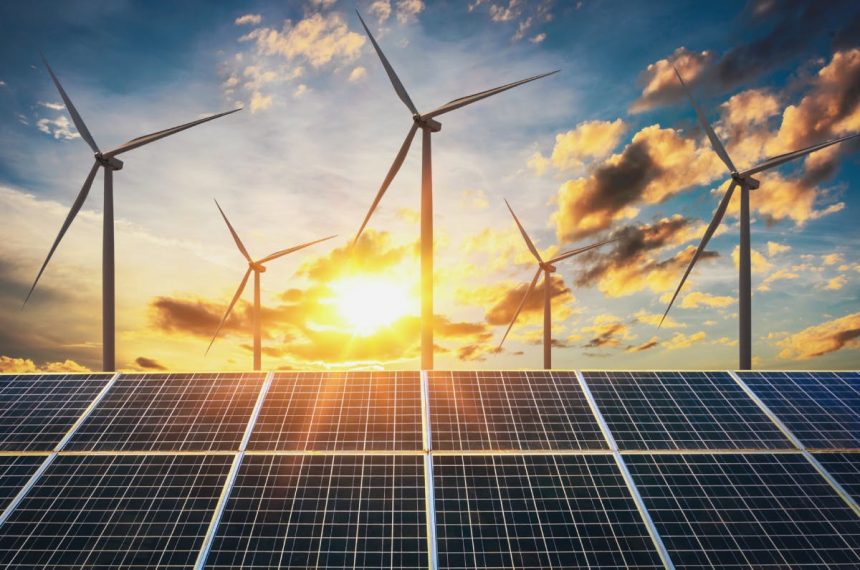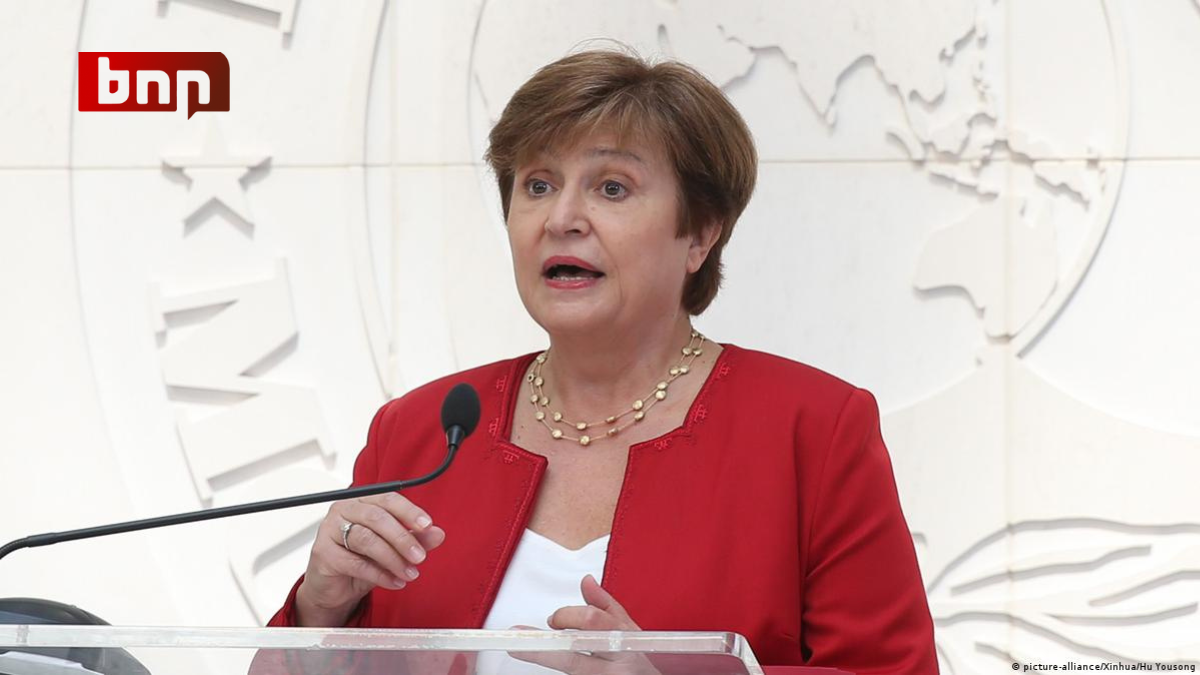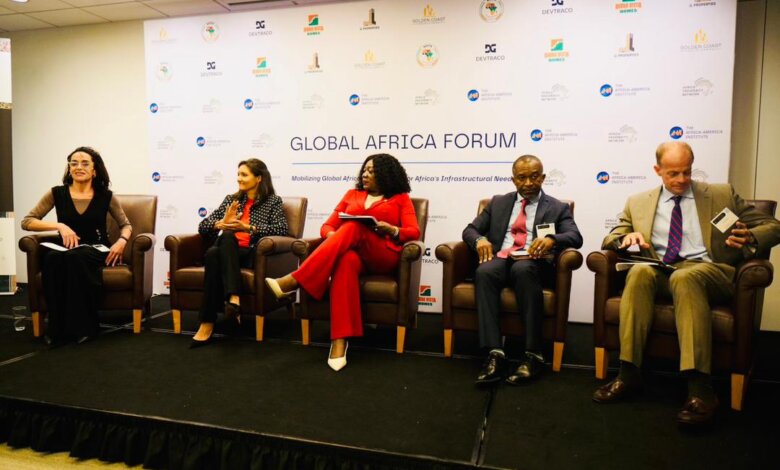Sub-Saharan Africa’s investment in renewable energy needs to be boosted five-fold to meet the commitment of increasing global clean energy capacity to 11,500 gigawatts by 2030, according to a recent study.
At COP28, governments reached a consensus to triple global renewable energy installations by 2030, to cap global warming at 1.5°C. But for Sub-Saharan Africa to play its part in achieving this target, investments must increase from $20 billion in 2023 to $100 billion annually by 2030, as outlined by Climate Analytics.
“Without an urgent and rapid increase in finance to support renewables deployment in Africa, millions will miss out on the benefits of the renewables revolution — cleaner air, cheaper power, and increased energy security,” the Berlin-based institute said in its new report. The policy institute’s study builds on the COP28 deal by proposing regional benchmarks and calculating the amount of funding required. That compares with a global need of $2 trillion a year from 2024 to 2030, the study shows.
According to the report entitled ‘Tripling Renewables by 2030: Interpreting the Global Goal at the Regional Level’, Asia makes the biggest overall contribution, providing around half (47%) of the 8.1 TW of renewable capacity additions needed globally by 2030. This represents a 3.6x regional growth rate relative to 2022 levels. Asia is the only region which is broadly on track to triple renewables in line with 1.5ºC by 2030.
The report has also found that Sub-Saharan Africa scales relatively quickly at 6.6x due to low levels of existing renewable capacity and high energy access needs. Electricity demand is forecast to grow 66% per capita between 2020-2030 in the region, resulting in a renewable scale up rate that is double the global average. But it cautions that achieving such a rapid renewables rollout in Sub-Saharan Africa would require significantly upscaled international climate finance.



